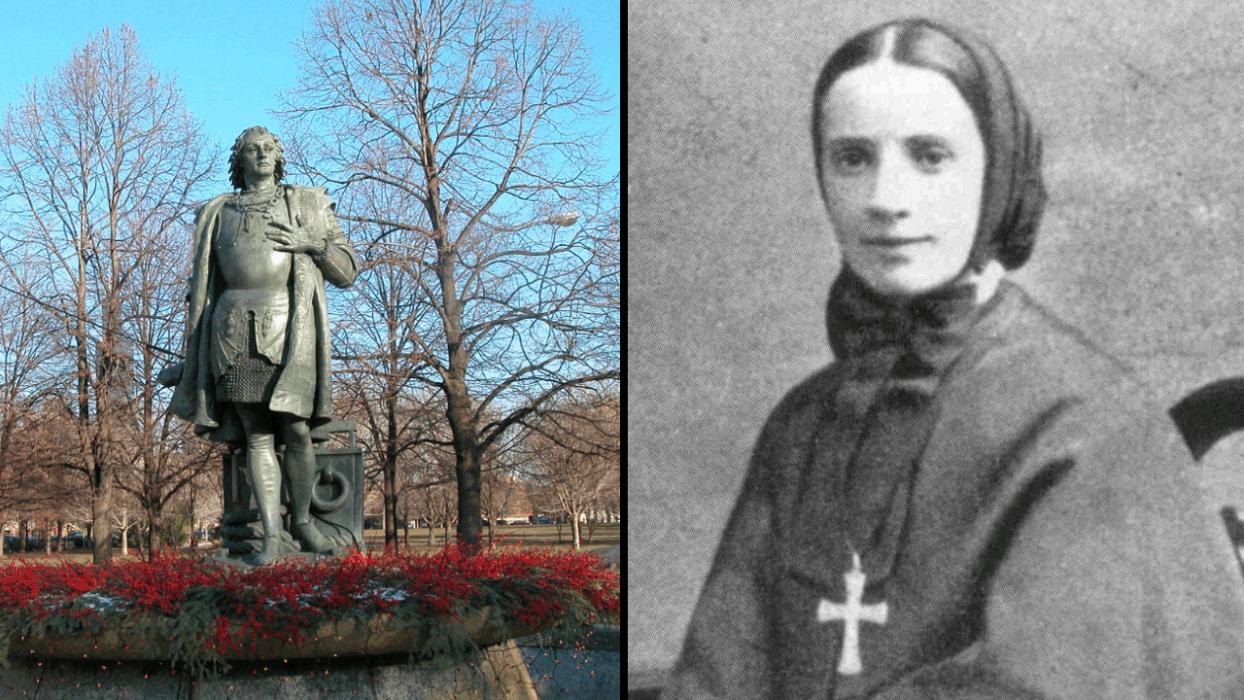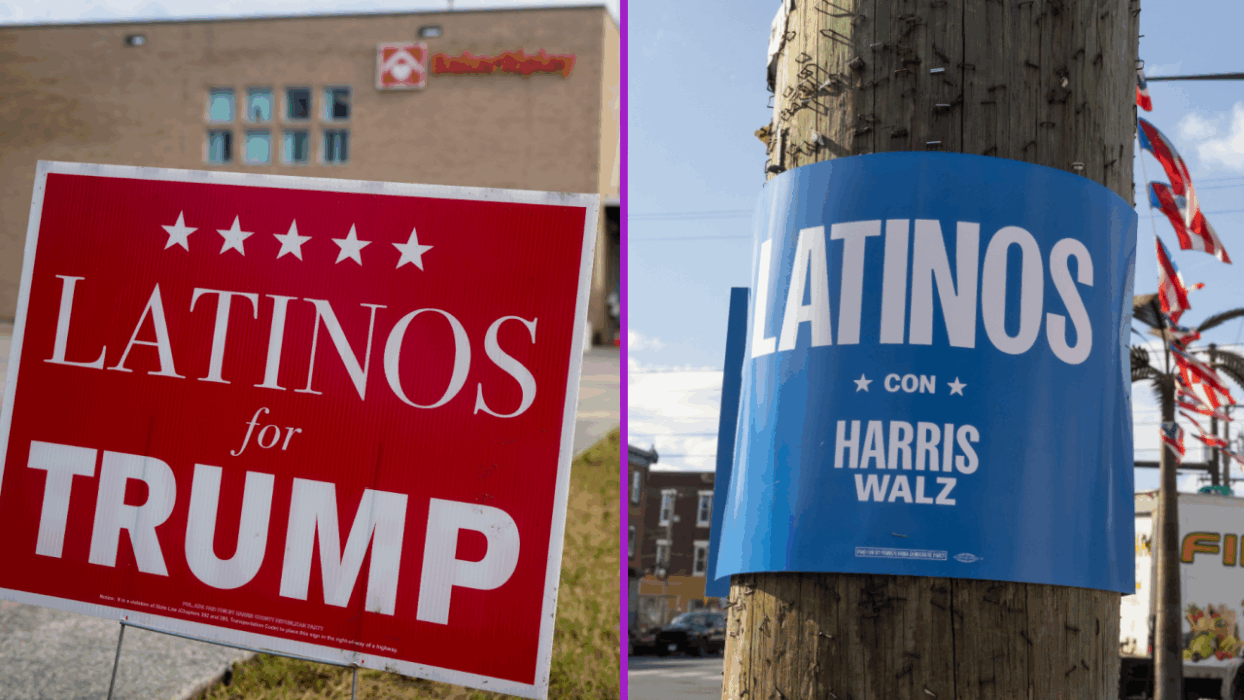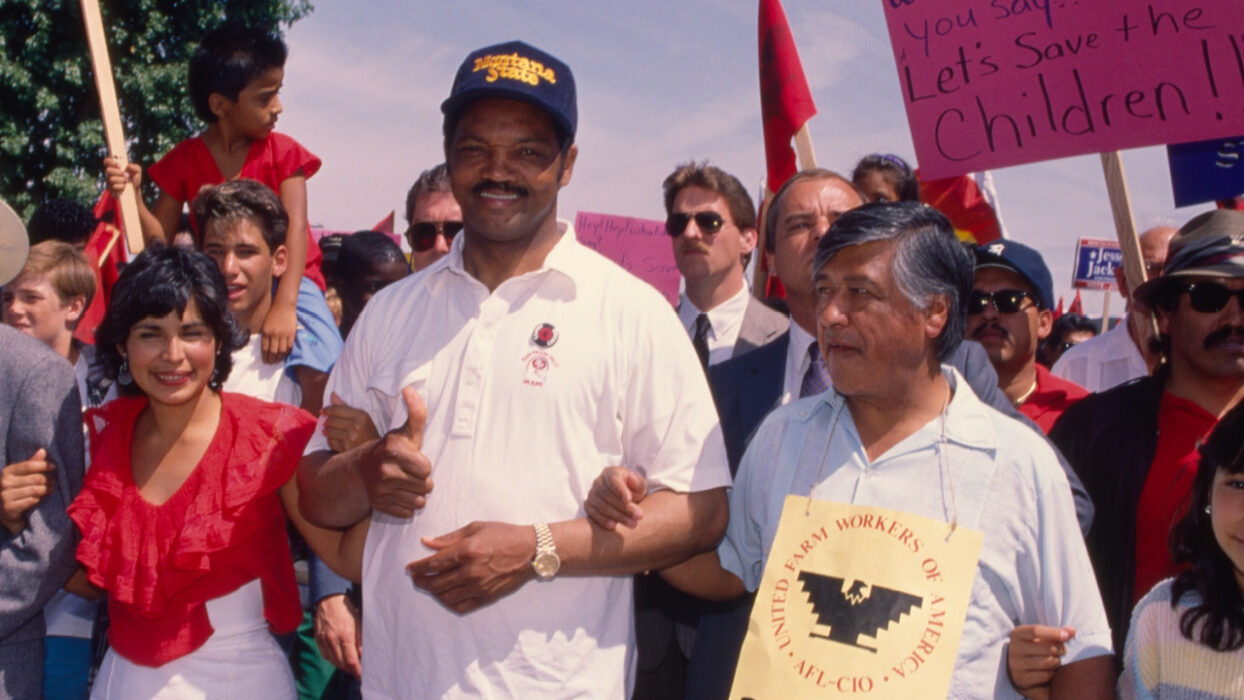
Opinion: Book Banning Is an Attack on American Freedoms, Suggesting We’re Not Intelligent Enough To Handle Certain Subject Matters
Despite centuries of perceived progress, book banning has recently made a vehement comeback catalyzed by protests made by parents and politicians alike against books that explore critical race theory (CRT), LGBTQ+ issues, and sexuality.
As both a student and instructor of English and a refugee from an oppressive communist regime, I find the practice of banning books and ideas to be not only an attack on intellectualism, but on America. My family and I sought refuge here twenty-six years ago on the promise of freedom and opportunity. But now, I have to ask myself: are we the land of the free or the land of the banned?
The idea of banning books conjures up a terrifying, oppressive, Ray Bradburyan reality wherein we are only allowed to think for ourselves as long as those beliefs align with the status quo.
It causes me great distress to think about all the formative books that helped shape my identity as a young immigrant woman, some of which are now banned. One of my favorite books growing up, “The House on Mango Street” by acclaimed writer Sandra Cisneros, who I recently mentioned in a list of Latinx poets whose name you should know, has had its fair share of struggle with censorship.
I read this book in high school, which is exactly what lawmakers are currently trying to prevent. The main character, Esperanza, whose own name ironically translates into “hope,” was someone I truly identified with at the time and still do. Grappling with issues of identity, race, language, sexuality, class, and exile, Esperanza could have easily been inspired by my own life as a young immigrant in America.
If I hadn’t read this book in high school, it’s possible that I wouldn’t have been exposed to others like me, considering representation was quite limited and still is. Although the efforts to snuff out the teaching of CRT along with other similarly controversial topics have not reached violent measures, such as the ones employed in Bradbury’s dystopian novel, “Fahrenheit 451,” new laws that could definitively alter our literacy are taking effect.
On March 10, the Florida Senate passed the “Stop WOKE Act” and the bill is currently en route to be either signed or vetoed by Governor Ron DeSantis, although he is undoubtedly expected to sign off on it. DeSantis first introduced the Stop WOKE Act in December of 2021, which already sounds like the setup to a terrible joke, and which would allow families to sue schools for implementing CRT in their curriculum, as well as significantly reducing funding for anti-racist training and therapy, extending beyond the school system and into the workplace.
DeSantis invoked Martin Luther King Jr. during his impassioned oration, claiming that teaching CRT is not what King would have wanted, alleging it to be a harmful and potentially self-loathing belief system for American children to hold.
As a Florida native, it pains me to say that DeSantis is not alone in his misguided conviction. Texas Governor Greg Abbott, whose name has become synonymous with the anti-abortion human rights crisis in Texas, has also signed a law to keep CRT out of Texas Public Schools as of December 2021.
Other states like Idaho, North Dakota and South Carolina are following suit, passing their own version of laws that aim to ban all talk of race, gender, and sexuality in the classroom. Taking it a step further, some bills are proposing the eradication of racially and culturally sensitive terms all together, therefore eradicating the fight for equity.
But — why now?
Censorship, as I previously mentioned, is not new. The anti-censorship cause is rooted in post-Civil Rights Movement America, specifically in the 1980s, when the novelty of racial equality began withering under regenerating racist ideals. However, after the string of tragedies that ensued as a result of racial injustice in the last year and a half, the friction between Conservatives and Liberals have resulted in an all-out firefight.
After conducting my own research, I was shocked to discover how many books are on the banned or challenged list for many school districts across the nation. Gabriel García Márquez’s magnum opus of magical realism, “One Hundred Years of Solitude,” for which he won the Nobel Prize in Literature, has been challenged in America and completely banned in other parts of the world, including Islam-centric countries like Iran and Kuwait. The novel’s sexually explicit content, religious irreverence, among other controversial themes, along with Marquez’s political ideologies kept him from American audiences for decades. That is, until former President Bill Clinton pardoned the author, outing himself as a huge fan of Marquez’s work.
But the truth of the matter is — we need to read books like this. Not being allowed to do so is a breach on our liberties and an implicit intimation that we are not brave, intelligent, or evolved enough to handle the subject matter.
As a kid in the public school system, English was my favorite class. I clung to the language and literature of my new host country as tightly as I could, navigating all the new sounds with genuine curiosity and fascination.
But as much as I admired William Shakespeare’s sonnets and comedies, none of his frou-frou, Elizabethan cleverness could resonate with my own modern, hyphenated reality. As much as I applauded Edna Pontellier’s “Awakening,” she was still just a rich white woman.
And, as much empathy as I felt for Hester Prynne, her scarlet letter did not match my own. Her A stood for Adultery; mine for Alien, both in terms of my government-issued green card and in how lonely I felt as a kid. Alienated.
Cisneros, and others like her who’ve helped to promote diversity in literature, provided me with the reassurance that I needed: I actually wasn’t alone. There were others like me. There are others like you.
I ask you this: write to your senators. Contact your local school district. Reach out to your local library. Don’t allow your favorite book — the one that kept you going all those years, the one that made you realize you weren’t alone in the world — to disappear from the shelf.




